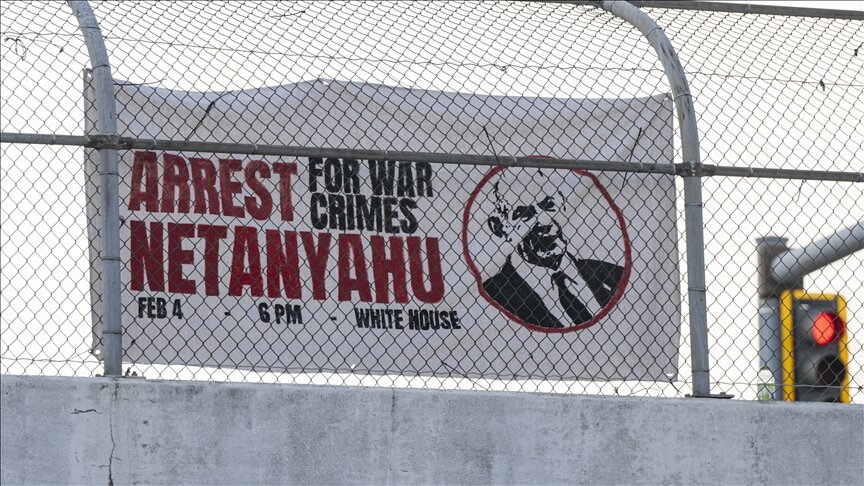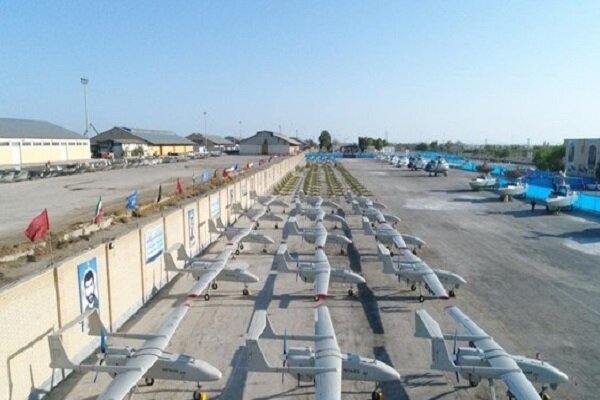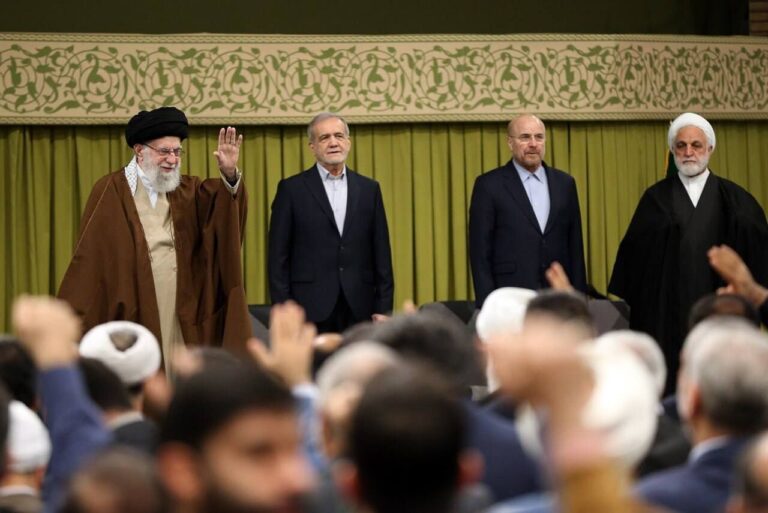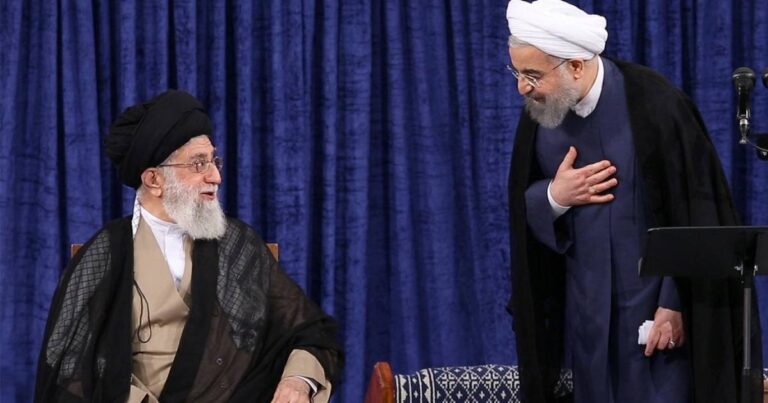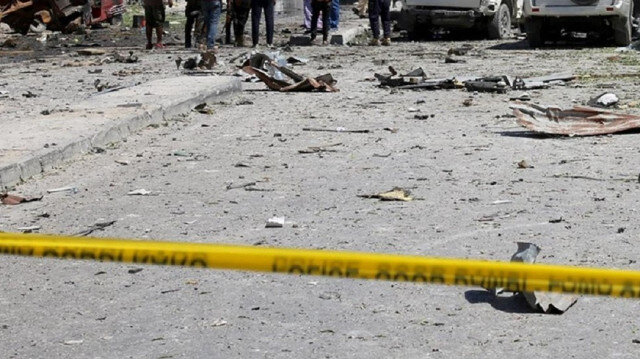Netanyahu Navigates Extended Route to US to Evade ICC Arrest Warrant
The recent visit of Israeli Prime Minister Benjamin Netanyahu to Washington has drawn significant attention, particularly due to the complexities surrounding an arrest warrant issued by the International Criminal Court (I.C.C.). This article delves into the details of Netanyahu’s indirect journey to the U.S. capital, highlighting the implications of international law on diplomatic travel.
According to reports from Middle East Eye, Netanyahu took a lengthy and strategic approach to reach Washington. His decision to undertake a 400-kilometer detour was primarily to avoid flying over nations that might enforce the I.C.C. warrant against him. This situation underscores the tense atmosphere surrounding his visit and the diplomatic challenges faced by leaders under legal scrutiny.
The Israeli government was particularly cautious about the possibility of an emergency landing during Netanyahu’s flight. There were specific concerns that if such a situation arose, countries like Ireland, Iceland, and the Netherlands could detain him, escalating an already sensitive issue.
- Netanyahu is currently under investigation by the I.C.C.
- The arrest warrant is related to alleged crimes against Palestinians in the Gaza Strip.
- The route taken was planned to avoid potential legal repercussions in various countries.
Despite the challenges, Netanyahu successfully arrived in Washington, where he is expected to engage in discussions with U.S. officials. The backdrop of his visit raises critical questions about the intersection of international law and political diplomacy.
As geopolitical tensions continue to rise in the Middle East, the implications of this visit extend beyond mere diplomatic engagement. Observers are closely monitoring how this situation will unfold and what it means for Israel’s relations with other nations, particularly those that support the I.C.C.’s mandate.
Netanyahu’s trip serves as a stark reminder of the complexities faced by global leaders who navigate both diplomatic responsibilities and legal challenges. The ramifications of international law can significantly influence diplomatic relations and travel logistics for heads of state.
In light of these developments, it is essential to consider the broader context of the I.C.C.’s role in international justice. The court has been established to hold individuals accountable for serious crimes, including war crimes and crimes against humanity. Netanyahu’s case illustrates the ongoing debates surrounding the effectiveness and jurisdiction of the I.C.C., particularly concerning political leaders.
As discussions continue in Washington, Netanyahu’s situation highlights the precarious balance between legal accountability and political maneuvering. The Israeli Prime Minister’s visit not only emphasizes the challenges he faces domestically and internationally but also brings to the forefront the ongoing conflict in the Gaza Strip and its implications for peace efforts in the region.
Looking ahead, the outcomes of Netanyahu’s meetings in Washington could have significant implications for future U.S.-Israel relations, as well as for the broader Middle Eastern political landscape. Stakeholders and analysts will be keenly observing how this visit shapes the dialogue around Israel’s actions and the responses from the international community.
In conclusion, Netanyahu’s indirect route to Washington is a microcosm of the intricate relationship between international law and diplomatic actions. As the world watches, the unfolding events will undoubtedly contribute to the ongoing discourse on justice, accountability, and the complexities of global governance.
Stay tuned for more updates as this story develops and as more information becomes available regarding the discussions and outcomes of Netanyahu’s visit to Washington.
